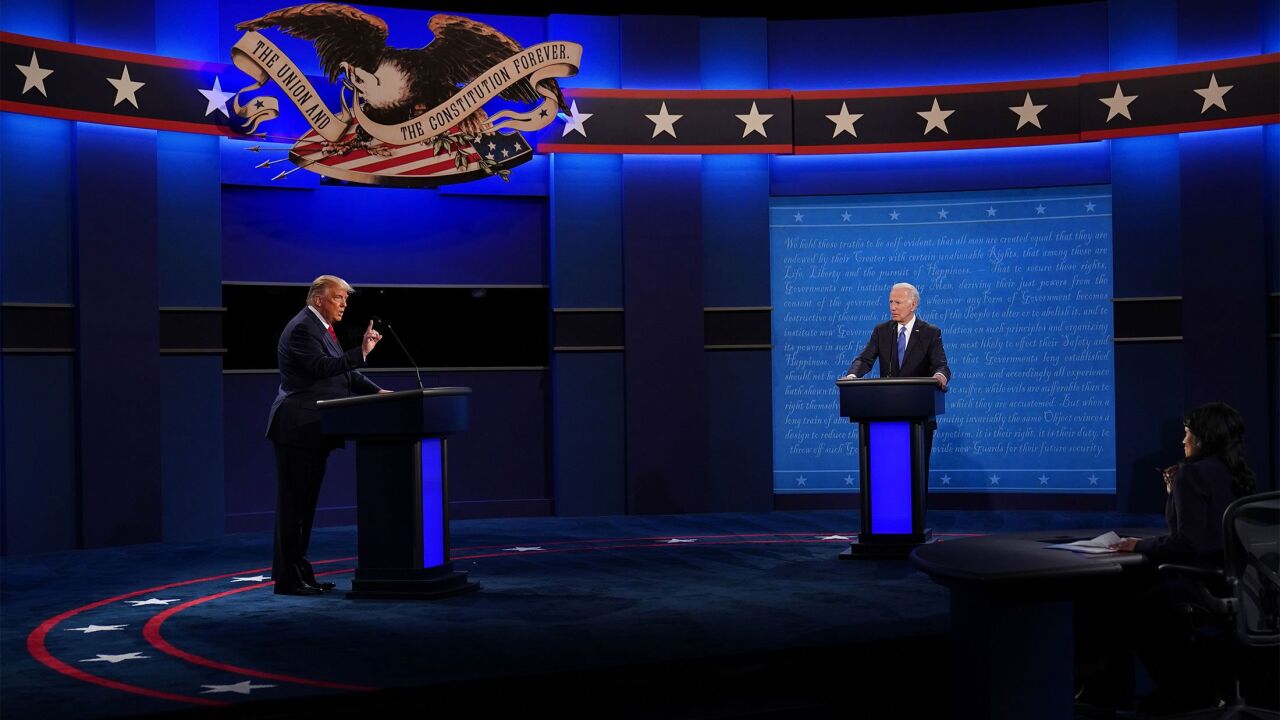IMGCAP(1)]The American Institute of CPAs is pushing for legislation that would make it easier for employees who work across state lines to do their taxes.
The Mobile Workforce State Income Tax Simplification Act of 2015 was introduced in the U.S. House on May 14, 2015 as H.R. 2315 by Rep. Mike Bishop (R-Mich.) and Hank Johnson (D-Ga.). The legislation would set a 30-day safe harbor from personal income tax and withholding obligations for traveling employees and their employers, including businesses, associations, governments and unions. Employees traveling to a nonresident state for fewer than 30 days would incur no personal income tax liability in the nonresident state, and the employer would have no withholding obligation.
The AICPA urged Congress to pass the bill at a hearing on April 13, 2016 before the House Small Business Subcommittee on Economic Growth, Tax and Capital Access. The hearing explored how the tax code could be simplified to help small businesses.
Troy K. Lewis, chair of the AICPA Tax Executive Committee, testified, “The AICPA strongly supports H.R. 2315. We believe the bill is an important step towards state tax simplification for small businesses. It would provide relief, which is long overdue, from the current web of inconsistent state income tax and withholding rules on nonresident employees. The rules are burdensome and often bewildering to small businesses and their employees.”
Lewis cited some of the complexities in the rules:
• There are states that tax wages even if the employee only works in the state for one day.
• Some states provide a de minimis number of days, or a de minimis earnings amount before employers must withhold tax on employees’ wages. However, these vary widely from state to state. For example, individuals are subject to state tax withholding after working 59 days in Arizona, 15 days in New Mexico, or just 14 days in Connecticut.
• States with a de minimis exemption based on wages earned vary widely. Out-of-state employers are required to withhold state taxes once an employee earns $1,500 in Wisconsin, $1,000 in Idaho, $800 in South Carolina and $300 a quarter in Oklahoma.
“As CPAs, we see, firsthand, small businesses on Main Street and their employees getting caught up in this web of inconsistent state income tax and withholding rules,” Lewis said. “Consider a real estate developer, whose employee visits 20 prospective sites in 20 different states, and spends less than a day in each state, or a store manager who attends a half-day regional meeting in another state, with some of these meetings occurring only twice a year.”
“Unfortunately, small businesses are forced to comply with all of the variations from state to state, and some states have extremely complicated rules,” he said. “For example, “Georgia requires withholding when a nonresident employee works more than 23 days in a calendar quarter, or if 5 percent of total earned income is attributable to Georgia, or if the compensation for services there is more than $5,000 a year. The employer must determine and calculate each of the three thresholds to determine when to withhold for each employee working occasionally in that state.”
The financial impact to most states would be minimal were the bill to pass, according to Lewis. “After taking into consideration their costs for processing nonresident tax returns, we believe these states receive only a minimal benefit—if any—from forcing out-of-state employees to file a return for just a few days of work,” he stated.
The reception given the AICPA position at the hearing was “fabulous,” Lewis said. “There were a lot of representatives who attended who were very supportive of the bill. Many were cosponsors, which is a function of the effort of the AICPA and the Governing Council.”
“My point was that not only do we represent clients that are small businesses, but many of our members are small business owners themselves, and many require limited travel. We are confronted with the same issue as our clients.”
The bill currently has 136 cosponsors, according to Lewis. “It tells us that congressional members get it,” he said. “It was well received on a bipartisan basis, with no apparent opposition.”




